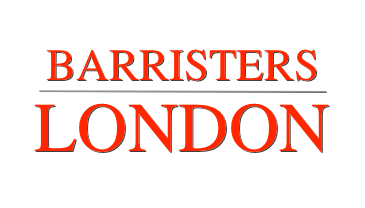Failure to Raise Concerns as a Professional
All healthcare professionals have a duty to raise concerns about the safety of people in their care or if the public is being put at risk. It is a professional duty under the Code and/or Good Medical Practice. A failure to do so may bring a nurse, midwife, doctor or health care professional’s fitness into question and risk registration.
It is not necessary to have all the evidence to raise a concern, so long as there is a reasonable belief.
It may be a difficult decision for professionals to raise a concern if it breaches patient confidentiality. The professional Codes state that a healthcare professional should respect a patient’s right to confidentiality. However, in very exceptional circumstances information exposing a patient’s identity can be passed on without the patient’s permission if a patient may be at risk of harm and it is in their best interests that the concern is raised. In some circumstances, the public interest can override other interests.
Legislation affords protection for those who raise concerns. Under the Public Interest Disclosure Act 1998, protected disclosures are;
(a) that a criminal offence has been committed, is being committed or is likely to be committed,
(b) that a person has failed, is failing or is likely to fail to comply with any legal obligation to which he is subject,
(c) that a miscarriage of justice has occurred, is occurring or is likely to occur,
(d) that the health or safety of any individual has been, is being or is likely to be endangered,
(e) that the environment has been, is being or is likely to be damaged, or
(f) that information tending to show any matter falling within any one of the preceding paragraphs has been, is being or is likely to be deliberately concealed.
Legislation specifically lists types of workers who are protected when disclosing concerns under The Public Interest Disclosure (Prescribed Persons) Order 2014, Schedule 1; General Medical Council, Nursing and Midwifery Council and Health and Care Professions Council for matters relating to;
(a) the registration and fitness to practise of a member of a profession regulated by the Council; and
(b) any activities not covered by (a) in relation to which the Council has functions.
‘Speaking up on behalf of people in your care and clients is an everyday part of your role. Just as raising genuine concerns represents good practice, ‘doing nothing’ and failing to report concerns is unacceptable.’ [quoted from NMC: Raising concerns: Guidance for nurses, midwives and nursing associates, January 2019]
If you are a professional facing allegations of bullying and harassment, or discriminatory conduct against colleagues, clients or others, contact Barristers.London without obligation and in strict confidence to discuss our legal advice and representation services. Our fees are competitve.
Back to Regulatory and Disciplinary Law Page

Request a
Enquiries
